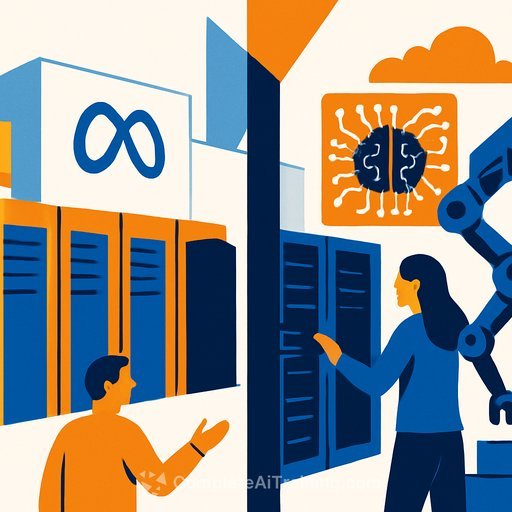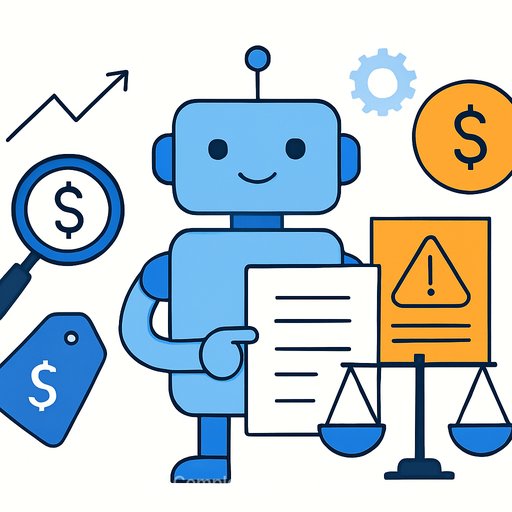Gartner Warns of a ‘Lonely Enterprise’ for Finance Teams If CFOs Don’t Act
By 2030, the finance function as we know it will change dramatically. Gartner highlights eight major forces reshaping finance, with artificial intelligence leading the charge. CFOs must act now to prepare their teams and workflows for these shifts or risk leaving their workforce isolated and disconnected.
The Rise of AI in Finance
Gartner predicts that by 2030, one-third of enterprise applications will include embedded agentic AI, handling about 15% of day-to-day work decisions autonomously. This means finance professionals will move away from repetitive tasks and focus more on supervising and collaborating with AI systems.
By 2028, 70% of finance functions are expected to use AI combined with connected device data for real-time decision-making on operational costs and cash flow management. This shift will speed up machine-driven decisions and reduce manual workload for finance teams.
The Risk of Isolation: The ‘Lonely Enterprise’
While AI boosts efficiency, Gartner warns it may lead to a more isolated finance workforce. As organizations adopt more specialized roles and remote work technologies, finance staff might become siloed, losing touch with the broader business context needed for effective advice and decision-making.
Self-service tools, though helpful, can deepen this divide if they disconnect finance from other departments. Maintaining strong employee interactions and workplace relationships is essential to avoid a drop in employee experience and engagement.
Facing the Finance Talent Shortage
The finance sector is also confronting a shrinking talent pool. Many CPAs are nearing retirement, and fewer new professionals are entering the field. To fill this gap, finance teams will increasingly seek candidates with both finance expertise and strong technology skills.
This trend means reshaping roles to blend finance and IT capabilities, preparing teams for a future where tech-savviness is as important as traditional financial knowledge.
Other Forces Changing Finance
- Do-it-yourself technology adoption
- The decline of customized software solutions
- Increased complexity from matrixed organizational structures
- Constantly shifting regulatory requirements
Each of these factors demands adaptability and strong change management strategies to keep finance teams effective and engaged.
Supporting Finance Professionals Through Change
Change isn’t easy. A recent LinkedIn report found that half of professionals feel learning AI is like taking on another job. There’s been an 82% rise in posts about feeling overwhelmed by change this year. One-third of respondents admitted feeling embarrassed about their AI knowledge gaps, and 35% felt nervous discussing AI at work for fear of appearing uninformed.
For finance leaders, the message is clear: support your teams with training, open communication, and a focus on positive employee experience. This approach will help professionals adapt and thrive as AI becomes a core part of finance.
Looking Ahead
Finance is entering a new era where technology and human skills must work hand in hand. CFOs who proactively prepare their teams for AI adoption and organizational shifts will create a stronger, more connected finance function. Those who don’t risk leaving their workforce isolated and unprepared for the future.
For finance professionals eager to build AI skills and stay ahead, exploring targeted AI training can be a practical step. Resources like Complete AI Training’s finance-specific courses can help bridge the gap and ease the transition.
Your membership also unlocks:





